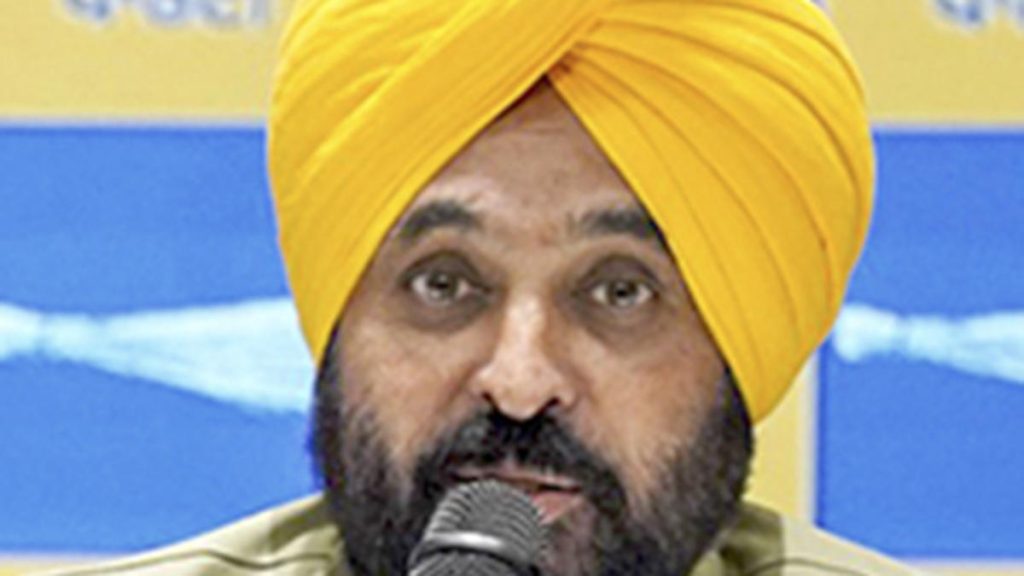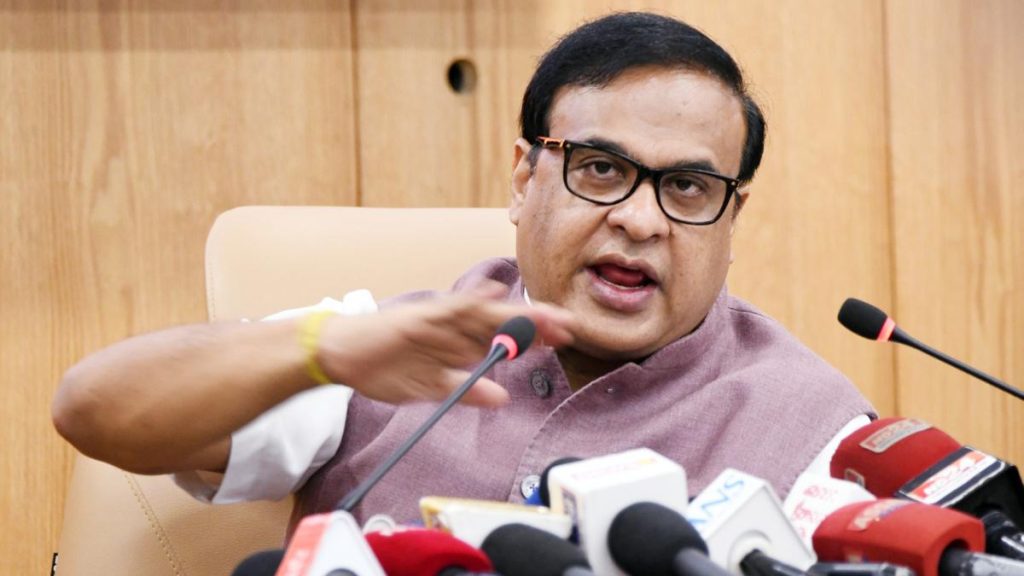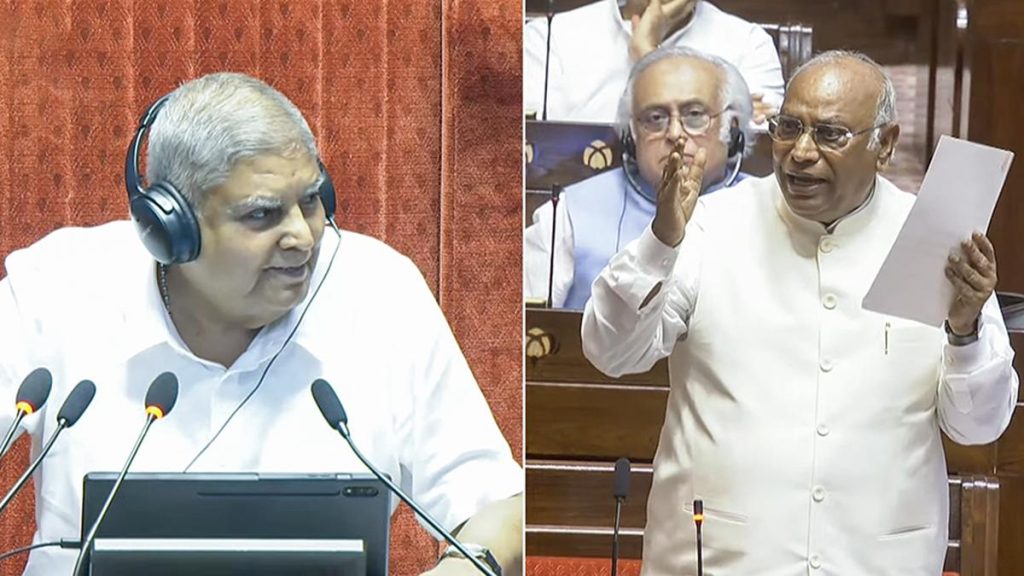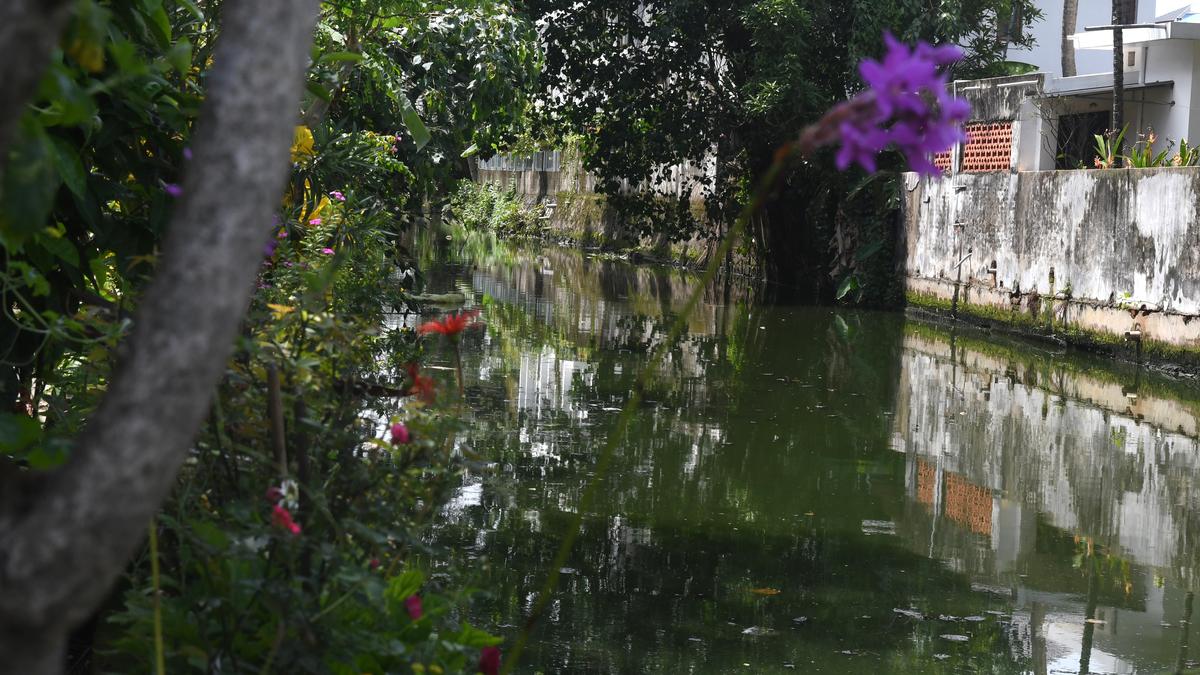Now Reading: DMK Alliance Faces Rifts; AIADMK Poised to Form Next Government: Palaniswami
-
01
DMK Alliance Faces Rifts; AIADMK Poised to Form Next Government: Palaniswami
DMK Alliance Faces Rifts; AIADMK Poised to Form Next Government: Palaniswami
Swift Summary
- AIADMK General secretary Edappadi K. Palaniswami is conducting a State-wide roadshow titled Makkalai kappom, Thamizhagathai Meetpom and claims to have received overwhelming public support.
- He criticized Tamil nadu Chief Minister M.K.Stalin for alleged arrogance of power, lack of effective governance, and failure to fulfill promises.
- Palaniswami stated that the DMK alliance shows growing contradictions among its smaller parties, citing dissatisfaction from Congress and Communist allies regarding unkept manifesto promises.
- The AIADMK-BJP electoral alliance remains intact despite attempts by opponents to create discord; he reiterated that AIADMK seeks single-party rule in Tamil Nadu with an absolute majority in the upcoming 2026 election.
- no talks were held between AIADMK and actor VijayS Tamilaga Vettri Kazhagam (TVK) for alignment yet but expressed willingness for alliances with all parties opposing DMK policies.
- He voiced confidence in his party’s strong presence in districts including the delta region, highlighting past achievements benefiting farmers and fishermen during his tenure as CM.
- Regarding PM Modi’s visit later this month, Palaniswami mentioned potential plans to meet him but did not confirm details.
Indian opinion Analysis
The ongoing political developments underscore a competitive prelude to Tamil Nadu’s 2026 Assembly elections. Edappadi K. Palaniswami’s roadshow seeks not only voter engagement but also positions AIADMK as a robust opposition against the ruling DMK government. The emphasis on contradictions within DMK’s coalition suggests potential vulnerabilities that oppositional forces could exploit strategically.
AIADMK’s firm stance on maintaining independence within its BJP alliance reflects strategic attempts at preserving state-specific appeal while navigating national-level ties-a dynamic historically sensitive within Tamil Nadu politics given perceptions around regional identity. This could play into larger discussions on coalition adaptability versus single-party dominance amidst shifting voter sentiments.
Challenges tied to local issues like law enforcement effectiveness,agricultural protection zones,corruption perception narratives,or women empowerment schemes seem likely focal points shaping future campaign dynamics across competitors. Both dominant alliances face balancing assertions from smaller actors within coalitions raising stakes ahead of polling seasons.
For further reading: Link
























